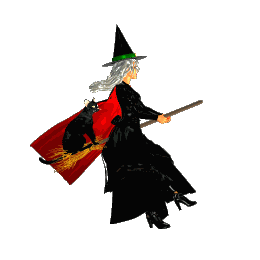top of page
 |  |  |  |
|---|---|---|---|
 |  |  |  |
 |  |  |  |
 |  |  |  |
 |


Hallowe'en in Tartan
The word Halloween or Hallowe'en dates to about 1745 and is of Christian origin. The word "Halloween" means "hallowed evening" or "holy evening." It comes from a Scottish term for All Hallows' Eve (the evening before All Hallows' Day). In Scots, the word "eve" is even, and this is contracted to e'en or een.
Some researchers speculate that the modern "trick-or-treat" ritual stems from the Scottish practice of guising, itself a secular version of "souling." In the Middle Ages, soulers, children and poor adults, would go to local homes and collect food or money in return for prayers said for the dead on All Souls’ Day.
Guisers discarded the prayers in favor of less religious performances like jokes, songs, or other “tricks.”
Happy Hallowe'en!
Scroll down for the seasonal collection, and for more details about the tartans and their inspiration, click any picture to visit these individual entries on the Curious and Unusual Tartans website, where the tartans are arranged within the calendar year.
bottom of page




















